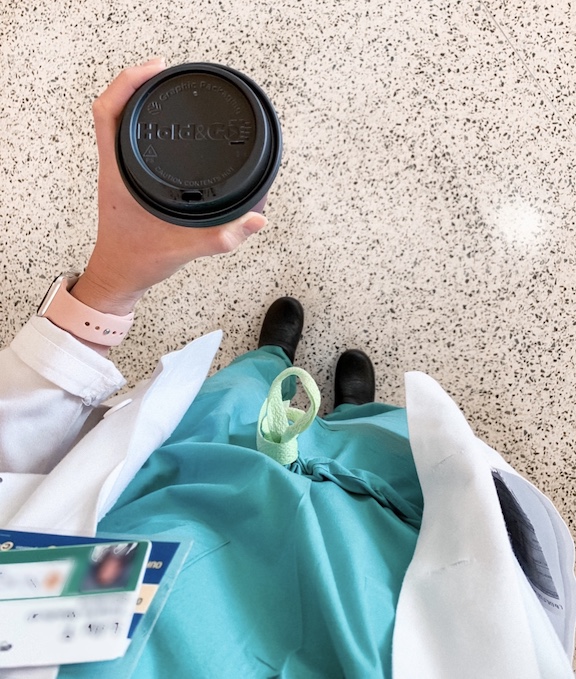
You’re sub-internship is the most important rotation of your fourth year! You need to impress your residents and attendings so they can put in a good word for you when you try to match this year! I just recently finished my Sub-I in ENT and wanted to share with you all some tips that will help you succeed on your Sub-I. While some of these tips are specific to surgical fields, many of them can be applied to all Sub-I’s. Good luck!!
1. Arrive EARLY
On our service, medical students came in early to help the intern and pre-rounded before the rest of the team got there. However, if you’re not required to pre-round, make sure you still show up at least 15 minutes before you’re expected to be there. I noticed my team generally started early. So if I was actually on time, I would have been late!
2. Be prepared
For rounds, have supplies available for dressing changes, suture and staple removals, cleaning trach/laryngeal tubes (for ENT). Some good things to have includes 4×4 gauze, Q-tips, Xeroform, tape, suture removal kits. Ask your resident where to find these! Also, make sure you have a good penlight.
3. Be a team player
Be constantly thinking about what you can do to make your residents’ lives easier. Whether it’s going to pull out a drain, calling another department, or running down to the lab, helping out with little tasks goes a long way and will be appreciated by your team!
4. Be teachable
Be engaged and willing to learn new tasks. If you are given instructions on how to do something once, don’t forget it. Be able to execute that task without being told the next time.
5. Know your patients and take ownership of them
Read up on your patients. Know their history, hospital course, and treatment plan. Have their labs, drain outputs, PO intake, and vitals available on rounds. If there are small tasks that you can do to help with your patient’s care, offer to do it.
6. Be well-read
Know about pertinent anatomy, surgical steps, complications of the surgery. This can be hard for specialties like ENT, but try your best! You won’t be expected to know everything, but know enough to be engaged. Asking important questions can impress your attendings. Some recommended resources for ENT are ENT Secrets, Mayo Clinic Oto YouTube Channel, and Iowa Head and Neck protocols.
7. Be prepared to suture
One of the best advice I received from a resident was, “If you’re given the opportunity to suture in the OR, make it your time to shine, not your time to practice.” Residents and faculty will evaluate you on your skills (whether they tell you or not), so come prepared!
8. Anticipate the next steps
Be proactive. Think about what the resident or attending needs. For example, if you’re rounding and the patient’s room is dark, pull out your penlight to help your team see the patient’s wounds better. If you’re in the OR and the surgeon asks for a suture, ask for suture scissors and be prepared to cut. If they’re looking into a patient’s mouth without a tongue blade in their hand, hand them one.
9. NEVER be rude to anyone or complain about anything.
Treat these four weeks as an extended interview. Everyone is watching what you do and say. Even if interns or residents are complaining about something, do not join in.
10. Don’t forget to take this opportunity to learn about your program.
Observe how residents and faculty interact with each other. Ask yourself, would you be happy here? Do you like the culture of the program? Does everyone get along? Could you see yourself working with these people for the next few years? It’s a great time to ask the residents questions about the program that you can’t get off the program’s website.
That’s all. I hope that helps! Leave any questions in the comments below!! Good luck!